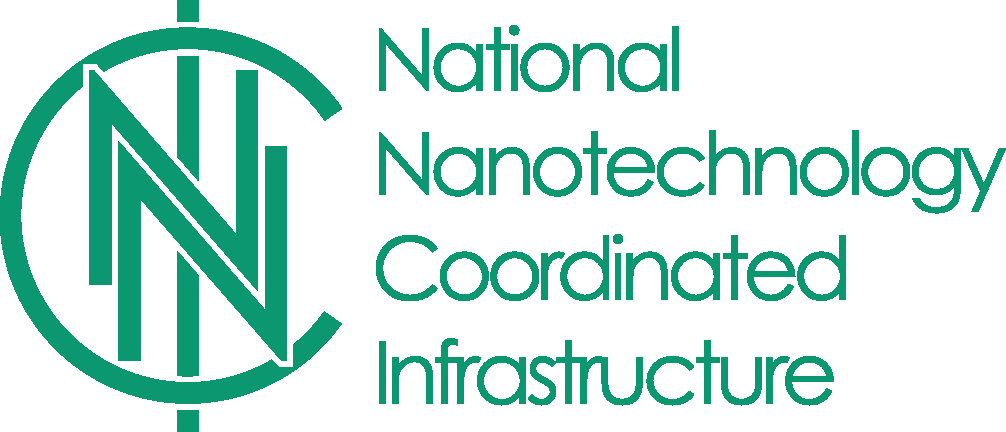/programs/nnci/2016reu"To advance research in nanoscale science, engineering and technology, the National Science Foundation (NSF) will provide a total of $81 million over five years to support 16 sites as part of a new National Nanotechnology Coordinated Infrastructure. The NNCI sites will provide researchers from academia, government, and companies large and small with access to university user facilities with leading-edge fabrication and characterization tools, instrumentation, and expertise within all disciplines of nanoscale science, engineering and technology. The NNCI framework builds on the National Nanotechnology Infrastructure Network, which enabled major discoveries, innovations, and contributions to education and commerce for more than 10 years."
Website Undergoing Updates
We are in the process of redesigning our website. Some pages may be incomplete or outdated. Please bear with us during this transition.
Programs
The Nanomanufacturing Systems for Mobile Computing and Mobile Energy Technologies (NASCENT) will develop innovative nanomanufacturing, nanosculpting and nanometrology systems that could lead to versatile mobile computing devices such as wearable sensors, foldable laptops and rollable batteries.
The MURI - Center for Silicon Nano-Membranes conducts basic research on three-dimensionally integrated silicon nano-membranes involving nano-wires, photonic crystal waveguides and plasmonic structures which provide the building blocks for a myriad of dual-use applications such as optical phased arrays, true-time-delay lines for phased array antenna and biosensors.
The SouthWest Academy of Nanoelectronics (SWAN) is one of the three centers created in 2006 by the Semiconductor Research Corporation Nanoelectronics Research Initiative (SRC-NRI) to find a replacement to conventional metal oxide semiconductor field effect transistors. SRC-NRI is a consortium of AMD, Freescale, IBM, Intel, MICRON, TI. Matching funds have been provided by the State of Texas Emerging Technology Fund.







